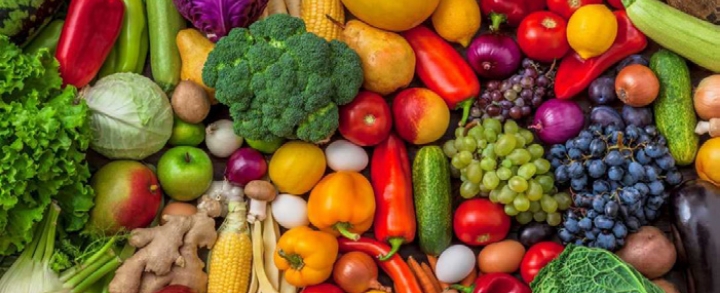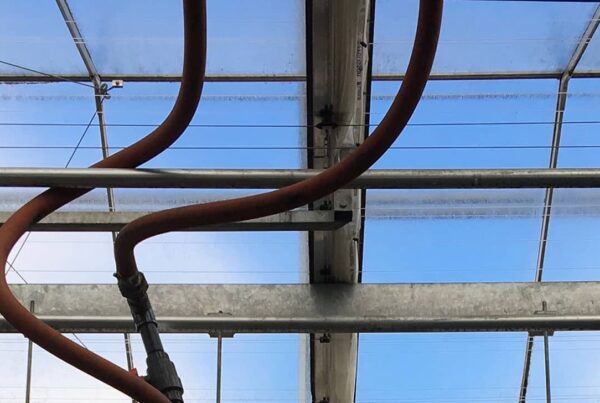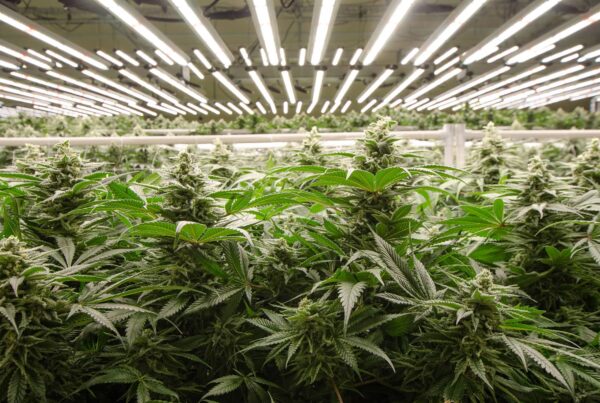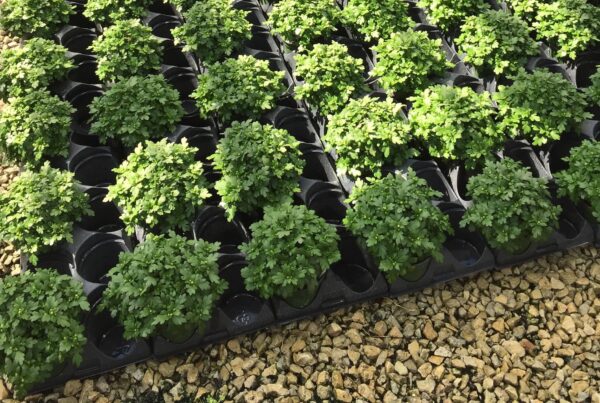On December 15, 2020, the United Nations General Assembly designated 2021 the International Year of Fruits and Vegetables (IYFV), an awareness campaign that seeks to highlight the important role of fruits and vegetables in achieving the UN Sustainable Development Goals*. Fruit and vegetables are considered edible parts of plants (e.g., seedbearing structures, flowers, buds, leaves, stems, shoots and roots), either cultivated or harvested wild, in their raw state or in a minimally processed form.
“The IYFV will promote international efforts to boost fruit and vegetable production and value chains in a sustainable and safe way; bring in a focus on the need to reduce losses and waste in fruit and vegetable supply chains from production to consumption; and invite relevant stakeholders to strengthen the capacities of developing countries to adopt innovative approaches and technologies in combating loss and waste of fruits and vegetables. In addition, special attention will be paid to the role of women, not only in the production of food, but also in assuring the food security of their families and communities.”
Fruit and vegetables are grown by small-scale producers around the world and such farmers supply the fruit and vegetable requirements of mass markets in most developing countries, producing relatively low volumes, leading to problems with reliability and quality. Fruit and vegetables tend to be worth more per kilogram than other types of food but they may also require more labor than production of other crops. These issues offer opportunities for actors throughout the supply chain to generate employment and income while increasing efficiency and productivity.
Women produce much of the world’s fresh produce and handle many post-harvest activities. “But women face disadvantages at all stages in the chain – as producers in their ability to access land, inputs and advice, as entrepreneurs in getting finance to develop their businesses, as workers in terms of fair payment for their work, and as consumers in terms of education about food and nutrition. The high value of fruit and vegetables and the potential for innovation open exciting opportunities for young people to become involved in production and other aspects of the value chain.”
There is a need for more policy attention, funding, research and extension, and support for agribusinesses for fruit and vegetable crops to reduce food loss and waste. Up to 50 percent of fruits and vegetables produced in developing countries are lost in the supply chain between harvest and consumption; fruits and vegetables that are perfectly fit for consumption are wasted along the food system because of aesthetic or physical irregularities. Food waste also represents waste of increasingly scarce resources like soil and water. It can take over 13 gallons of water to produce a single orange.
Production of high-value fruits and vegetables can be profitable, compared to other crops, from small amounts of land, water and nutrients. COVID-19 has demonstrated the importance of short and inclusive value chains – including for fruits and vegetables – as a way to provide better market opportunities for family farmers in urban and peri-urban areas. Technology and innovation are critical at all stages in the fruit and vegetable supply chain, from production to consumption, to improve both quality and output. Improvements can range from simple farm-level technologies and practices to more sophisticated digital innovations that help assure the safety and quality of fresh produce as it moves along the supply chain. Innovative approaches such as public–private partnerships can help generate growth and development in the sector.
Sustainable and inclusive value chains can help increase production, help to enhance the availability, safety, affordability and equitable access to fruits and vegetables to foster economic, social, and environmental sustainability. Growing food can grow prosperity; generating not only income, but also richer livelihoods, improved food security and nutrition, and enhanced resilience through sustainably managed local resources and
increased agrobiodiversity.
RII is inspired by the UN’s areas of action of the IYFV, including promotion of:
- Investment in innovation and infrastructure development to promote consumption and sustainable production of Fruits and Vegetables and reduce their losses and waste
- Evidence-based policies, law and regulations, and exchange of good practices that advance and maximize the contribution of Fruits and Vegetables to sustainable development
- Formulation and implementation of educational policies and programs and related educational material to promote the benefits of Fruits and Vegetables production and consumption
- Knowledge-building and skills development in the production and post-harvest handling, processing, preparation, marketing and consumption of fruits and vegetables to empower stakeholders, especially women and youth
RII’s work seeks to further several United Nations Sustainable Development Goals, and aligns with many of the SDGs related to the IYFV. These include:
- #4: Ensure inclusive and equitable quality education and promote lifelong learning opportunities for all
- #9: Build resilient infrastructure, promote inclusive and sustainable industrialization and foster innovation
- #11: Make cities and human settlements inclusive, safe, resilient and sustainable
- #12: Ensure sustainable consumption and production patterns
- #13: Take urgent action to combat climate change and its impacts
- #15: Protect, restore and promote sustainable use of terrestrial ecosystems, sustainably manage forests, combat desertification, and halt and reverse land degradation and halt biodiversity loss






